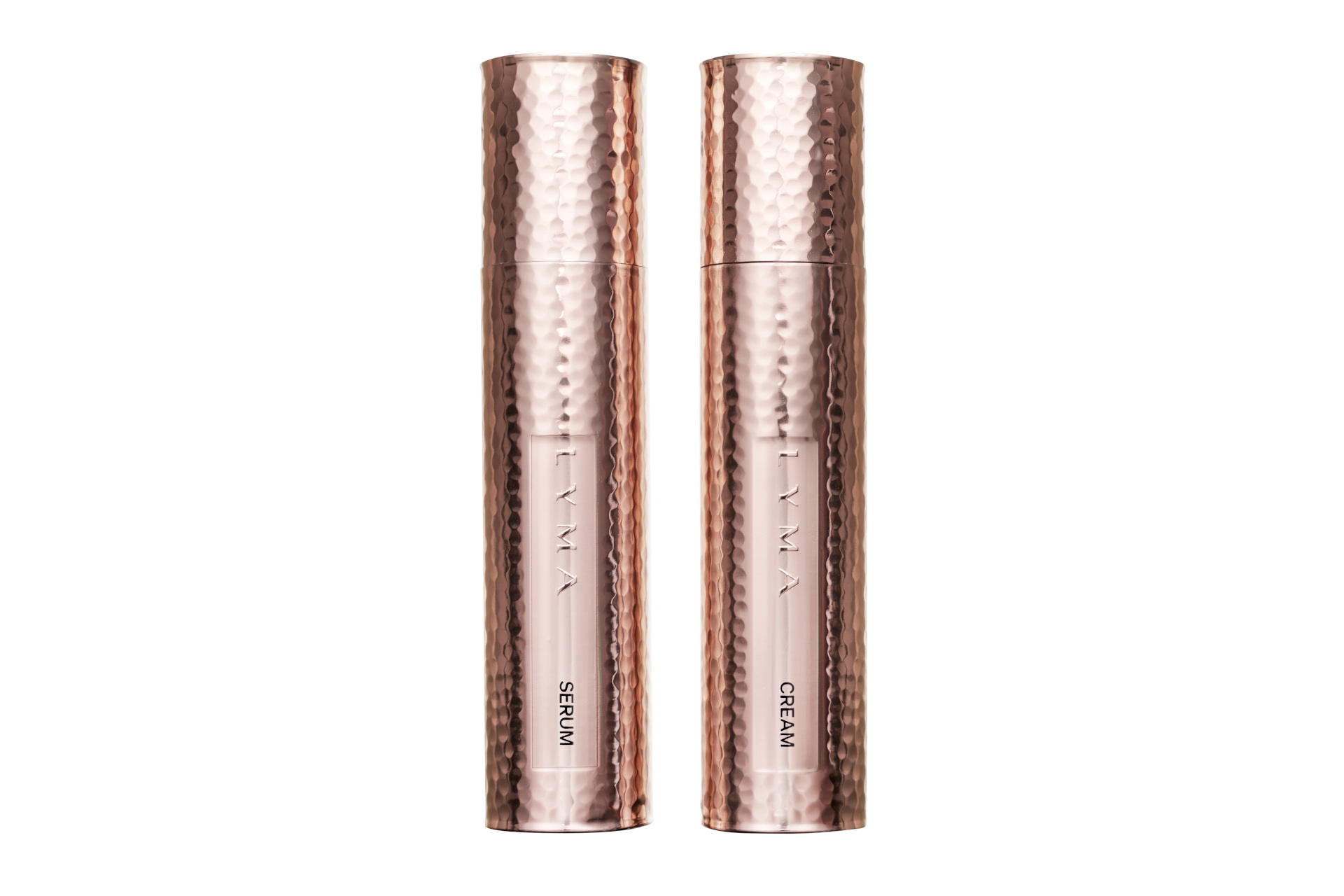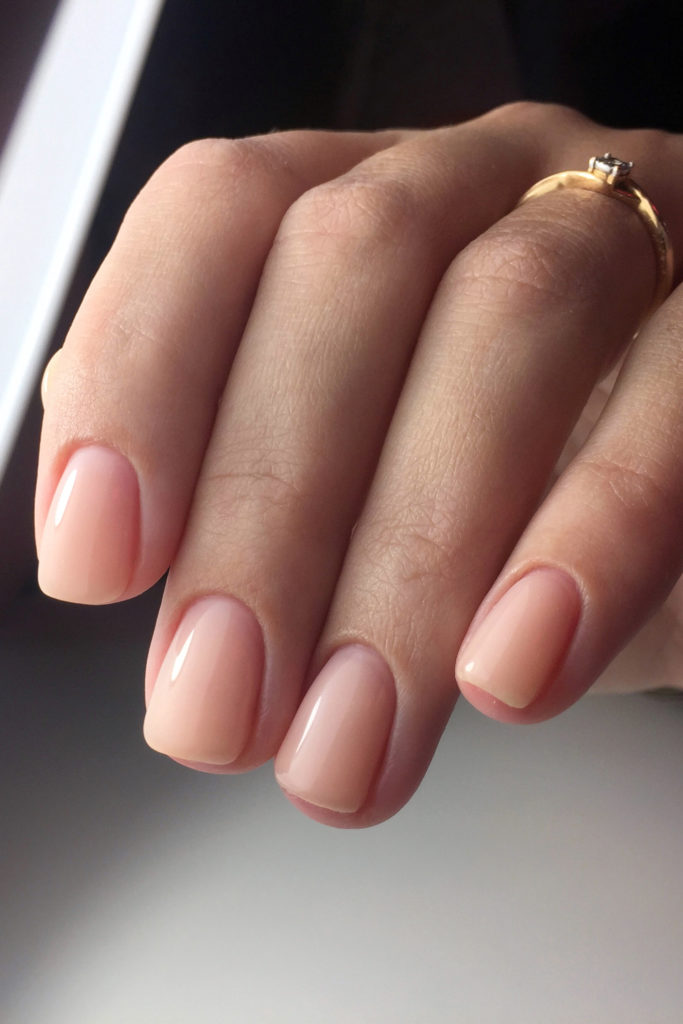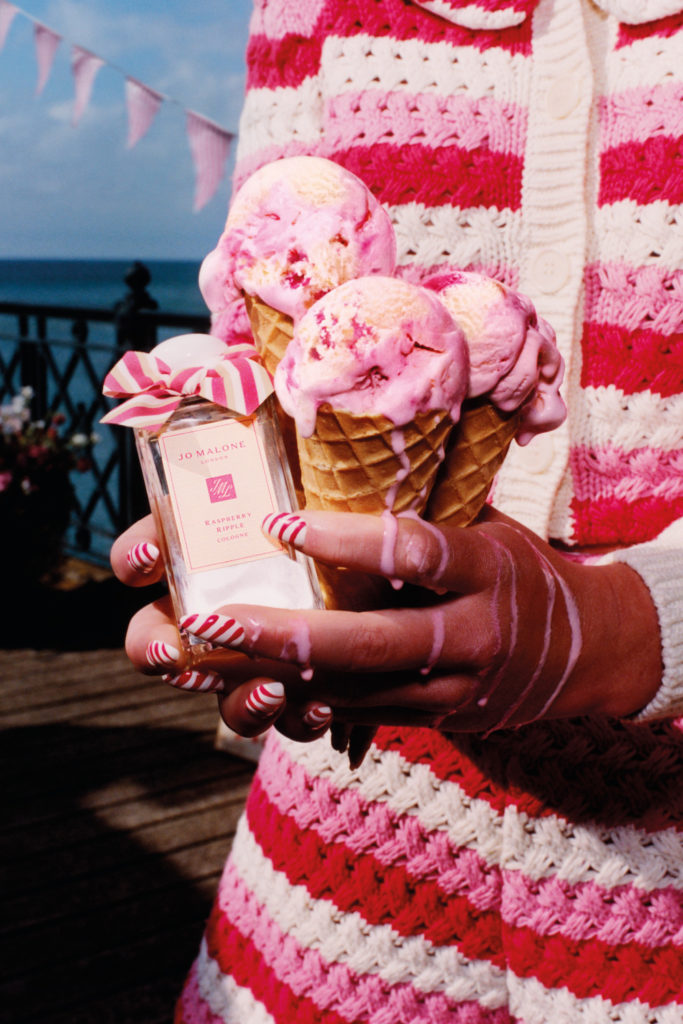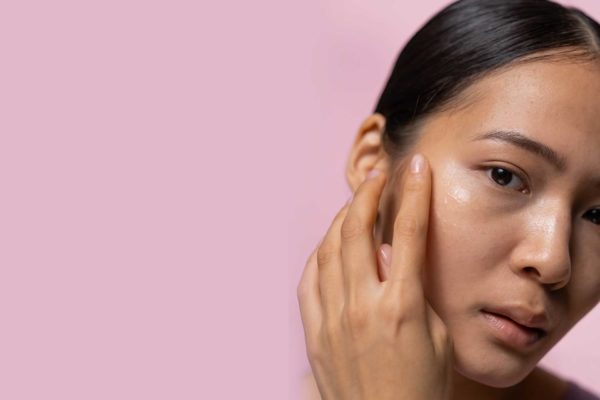What Is Epigenetic Skincare?
By
2 years ago
Is DNA the key to effective anti-ageing skincare?

These days, you’ll find the skincare market so oversaturated that it’s difficult to differentiate between some brands and products – so when something truly new comes along, it’s worth paying attention. The latest movement making waves in skincare is epigenetics, the act of influencing DNA to target specific skin conditions. But does it really work? We chat with UK-based label LYMA to find out all we can about epigenetic skincare.
The Country & Town House Responsible Buyers’ Guide
What Does ‘Epigenetic’ Mean?
To understand what is epigenetic skincare is, first we need to know what the term ‘epigenetic’ actually means, says Dr Graeme Glass MD, PhD, the Director of Aesthetics at LYMA. ‘Though we get our DNA from our parents, our gene expression changes according to what the body is exposed to and the term for this is epigenetics,’ he explains. ‘Within the word itself, “epi” means “upon”, or more specifically “acting upon”, referring to the external factors that can influence how our genes are expressed. Gene expression is continually being dialled up or down, turned on or turned off. This makes epigenetics a much more tangible area to focus our efforts on as it can be manipulated in a way genetics can’t be.
‘When we’re talking about epigenetics in skin, we’re looking at altering the expressions of genes that regulate cell mitochondria (the battery packs of cells), those that dictate inflammation, and produce proteins that build tissue,’ Dr Glass continues. ‘By subtly changing how the cells in our skin are behaving, we can induce a collective response that works towards the regeneration of tissue.’
What role does DNA have when it comes to skincare and the signs of ageing?
‘Skin ageing falls into two camps – intrinsic and extrinsic, and DNA plays a role in both,’ says Dr Glass. ‘Intrinsic ageing is the inherent propensity in all of us to age due to our genetic pre-programming and it happens to everyone. Extrinsic ageing on the other hand, is the result of the cumulative environmental exposures that we have throughout our life that damage our tissues, resulting in the acceleration of the ageing process. These would be UV radiation, smoking, alcohol consumption, stress and dietary factors.’
To summarise, ‘Ageing is the sum total of all the little changes in the epigenetic balance of every skin cell that tilts in favour of not replacing what is lost and not repairing what is damaged,’ highlights Dr Glass.
What is gene expression, and what role does it play in epigenetics?
To put it simply, ‘Gene expression is orders being followed, if you will,’ explains Dr Glass. ‘A set of instructions is given by DNA and from that direction, our genes carry out a function such as collagen production. That process of gene expression being the following of orders, gets influenced by what the body is exposed to in both the positive and negative sense. So the epigenetic system acts as a modulator for gene expression, influencing how, when and to what extent particular genes are expressed.’
So then, what is epigenetic skincare?
In the case of LYMA, epigenetic skincare uses a skincare formula that is made up of active ingredients that can help correct gene expression (the orders given by DNA) that causes skin ageing processes like chronic inflammation and the breakdown of collagen. ‘By “cleaning up” these errors, we can make our genes function as they did when we were younger,’ says Dr Glass. ‘Perhaps we are increasing the instruction to make more collagen, to repair the skin barrier, to increase cellular energy, to clear away senescent cells, for example. With these skincare actives we are cheating the system, manipulating the instructions to get us a desired result.’

(c) Jessica Felicio, Unsplash
How does it differ from other forms of skincare?
The main difference lies in the approach, with epigenetic skincare focusing on deeper skin changes. ‘Most skincare products are designed to condition the epidermis and draw moisture into the dermis. The more sophisticated options stimulate dermal collagen production but, conceptually, the industry has struggled to move on from this,’ emphasises Dr Glass. ‘LYMA Skincare is the first protocol to get deep enough to tackle the eight mechanisms of skin ageing – hydration, microcirculation, microbiome, immune regulation, mitochondrial decline, epigenetic shift, cell senescence and regulation of the ECM – when most only address a couple of the parameters. To truly change skin architecture, instead of just superficially plumping the surface of the skin, you have to cheat that system. That’s what makes LYMA different, that’s what makes this unlike any other skincare that’s gone before it.
‘Fundamentally though, the issue with most skincare actives is that they can’t penetrate the skin, either at all, or deep enough to have the desired benefit,’ he continues. ‘It doesn’t matter how powerful or potent your active ingredients are if these ingredients can’t get to where they need to be to be effective. The LYMA science community has had to develop a state-of-the-art delivery system whereby not only are molecules engineered to be small enough for skin to absorb but also encapsulated so as to trick skin into accepting them deep down in the dermis.’
What are the benefits?
The main benefit of epigenetic skincare is its ability to correct skin ageing on a much deeper level than other types of skincare. As Dr Glass notes: ‘Epigenetic skincare doesn’t just supply the superficial benefits of more youthful skin texture, firmness and volume, but generates profound changes on a cellular level to reverse the mechanisms of skin ageing. The skin looks younger because it IS behaving younger. This is very different from masking the manifestations of skin ageing by applying growth factors or antioxidants.
‘Where LYMA Skincare truly stands out is that it’s the first and only formula to address the eight newly identified mechanisms of ageing in a two-step protocol. This moves the bar considerably from addressing the surface signs of ageing to treating the root causes,’ he explains. ‘The LYMA cream and serum contain actives that tilt the epigenetic balance back the other way, gradually repairing the damage and replacing lost extracellular matrix proteins such as collagen. This is a formula proven to address everything from slowed microcirculation and mitochondrial decline to removing the build-up of senescent cells and creating the optimum skin microbiome.’

(c) Getty Images
Why don’t more people know about epigenetic skincare?
While epigenetic skincare comes across as a whizzy skincare trend, a lot of people still don’t know much about it. ‘Epigenetics is an emerging field in skincare and the science of being able to achieve capable formulas has understandably taken time,’ explains Dr Glass. ‘Until now, the skincare offering has only been able to treat the resultant signs of skin ageing but in identifying the eight mechanisms that take place within the skin to cause those ageing results, we now understand how to treat the root causes much earlier on in their formation. As a brand, LYMA consistently pushes boundaries of what’s perceived as possible, that’s why we’re leading the charge in this new category of epigenetic skincare.’
Can skincare really have an impact on gene expression?
‘The short answer is yes, if formulated correctly, with the right dose of actives and a delivery system that gets the actives to where they need to be,’ say Dr Glass. ‘LYMA Skincare has been uniquely formulated to correct gene expression errors, optimise genehealth and turn the dial up on regeneration.
‘Simultaneously, there are actives in the formula that remove so-called “zombie” senolytic cells,’ he adds. ‘These cells have reached the end of their useful life but hang around in the tissues producing destructive molecules that accelerate tissue ageing. Our formula enables these zombie cells to undergo programmed cell death, removing their harmful effects on the tissues and establishing a natural, healthy cell turnover.’
Is there anything we need to know about epigenetic skincare before trying it out?
Having a basic understanding of how epigenetic skincare works before you try it is the best way to get onboard with it, explains Dr Glass. ‘The idea behind epigenetic skincare is simple; using the latest scientific understanding of the ageing process to formulate innovative skincare with profound capabilities. There are no gimmicks, the evidence is available in scientific literature,’ he says. If you want to see your results better, he recommends documenting your journey using epigenetic skincare as you go along. ‘I would say to take pictures of yourself before using it and then again a few months in – you’ll see the transformation for yourself.’
Featured image: LYMA











